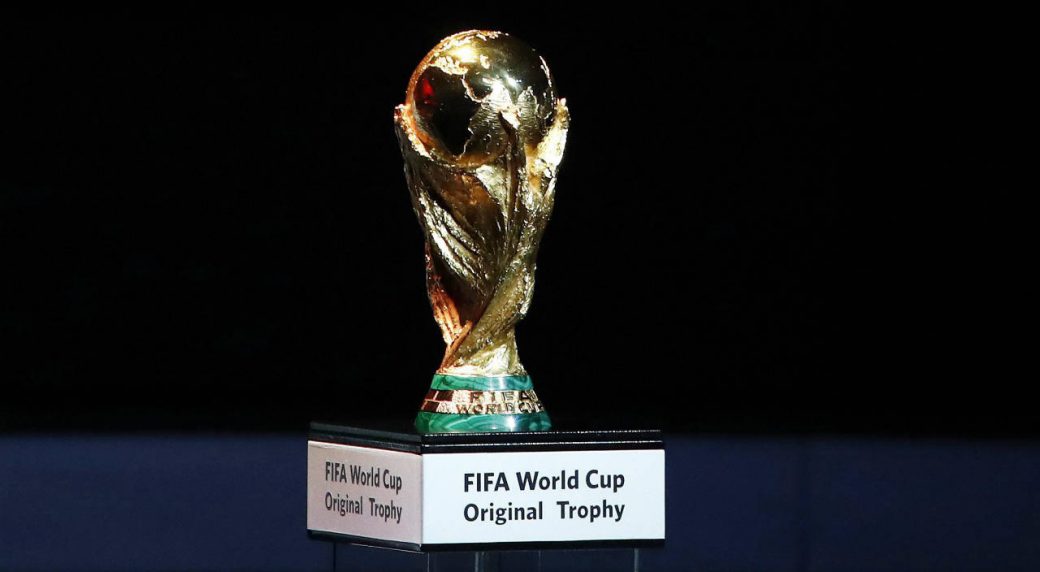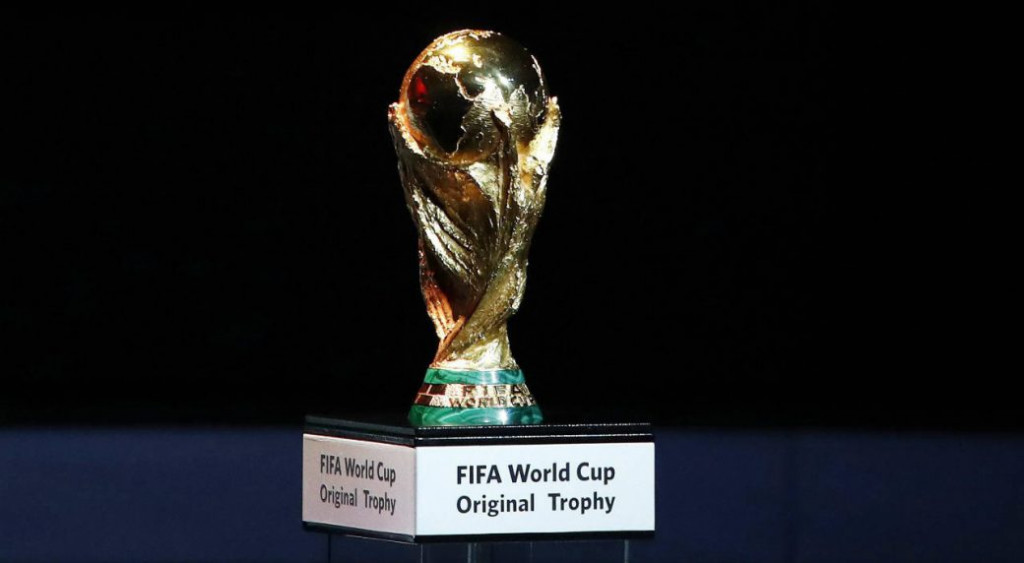Why Morocco lost the bid to host the 2026 Soccer World Cup
BY JEAN-PHILLIPE BERNARD
(editing by Lou Sifa)
It was a David vs. Goliath sort of challenge, but, contrary to the biblical story, the winner here is Goliath. In a much-anticipated vote to pick the host of soccer’s 2026 World Cup, delegates of soccer federations from around the world today picked the colossal U.S.-Canada-Mexico trio over their sole challenger, Morocco, by a vote of 134 to 65, with some African delegations voting against Morocco. The outcome has a lot to do with money.
It was a dramatic moment that caused Carlos Cordeiro, president of the U.S. Soccer Federation, to speak with his voice trembling and after wiping away some tears. An emotional Cordeiro stated “the incredible privilege” to host the most-watched sport in the world.
The tournament will return to North America for the first time since 1994 when the United States hosted it. While Mexico previously hosted the games in 1970 and 1986, Canada has never had such a privilege. It will also be the first time in history that three countries will host the mega event; and the first time 48 teams, up from 32 previously, will compete for the much-sought-after title. Sixty of the 80 matches and the final will be played in the United States, while Canada and Mexico will host 10 matches each. The final will be played at MetLife Stadium in the New York City suburb of East Rutherford, N.J.
This was the first time the entire membership of FIFA, the global soccer governing body, voted to pick the winner, a novelty that some dreamed should favor Morocco, given the large number of soccer federations on the African 55-nation continent.
But the American trio went in the race with a major advantage over their Moroccan challenger: they have 23 stadiums ready-built to host the games and serve as training sites, not to mention infrastructure such as airports, hotels, highways and rail lines. And they effectively used these assets as part of their sales pitch to persuade FIFA’s member associations.
To the contrary, it was unsure, on the outset, whether the North African potential host could build in time nine new stadiums and renovate five others to host a large tournament that starts with 48 teams comprising 1,100 players, and host the millions of fans that the tournament attracts every four years—and do so to the tune of billions of dollars. (Analysts point to the fact that Qatar, who won the bid to host the 2022 Cup, and had 12 years to get ready, as opposed to the eight Morocco would have, is still getting ready.)
An equally important weapon in the arsenal of the North American trio that engaged in a massive, months-long lobbying in the Americas, Europe and Asia, was money, which FIFA is in dire need of.
________________
________________
The United Bid, as the North American trio is also called, persuaded FIFA with a promise of a record $11 billion profit, which would bring as much as $50 million in the coffer of each national association, not to mention other revenues and record crowds.
But there was more.
Hindered at first by Donald Trump’s hostile immigration policy, the United Bid was actually served, in the end, by the president’s so-called stealthy shadow campaign that arguably won over the soccer governing body, FIFA.
No sooner did the United Bid hit the roads to persuade soccer federations to vote for them than they were met with worrisome questions about whether the new impulsive U.S. president’s travel restrictions might stop soccer fans from traveling to the United States to join in the frenzy. There were even concerns that the unpredictable president might deny visas to teams from some countries.
To the relief of the United Bid, Trump wrote no fewer than three letters to the FIFA’s president assuring him that soccer teams that qualify for the tournament, and officials and fans from anywhere, will be granted visa to attend the mega sporting event.
And that was just part of the unprecedented U.S. presidential effort to support the bid. Characteristically, Trump also used some strong languages. In one of his tweets, the president wrote:
“It would be a shame if countries that we always support were to lobby against the U.S. bid.”
He added:
“Why should we be supporting these countries when they don’t support us [including at the United Nations]?”
That, a soccer analyst stated on Wednesday shortly after the announcement of the United Bid’s win, might be why an African nation like Benin—not a huge soccer nation—voted against Morocco: out of fear of the Donald.



